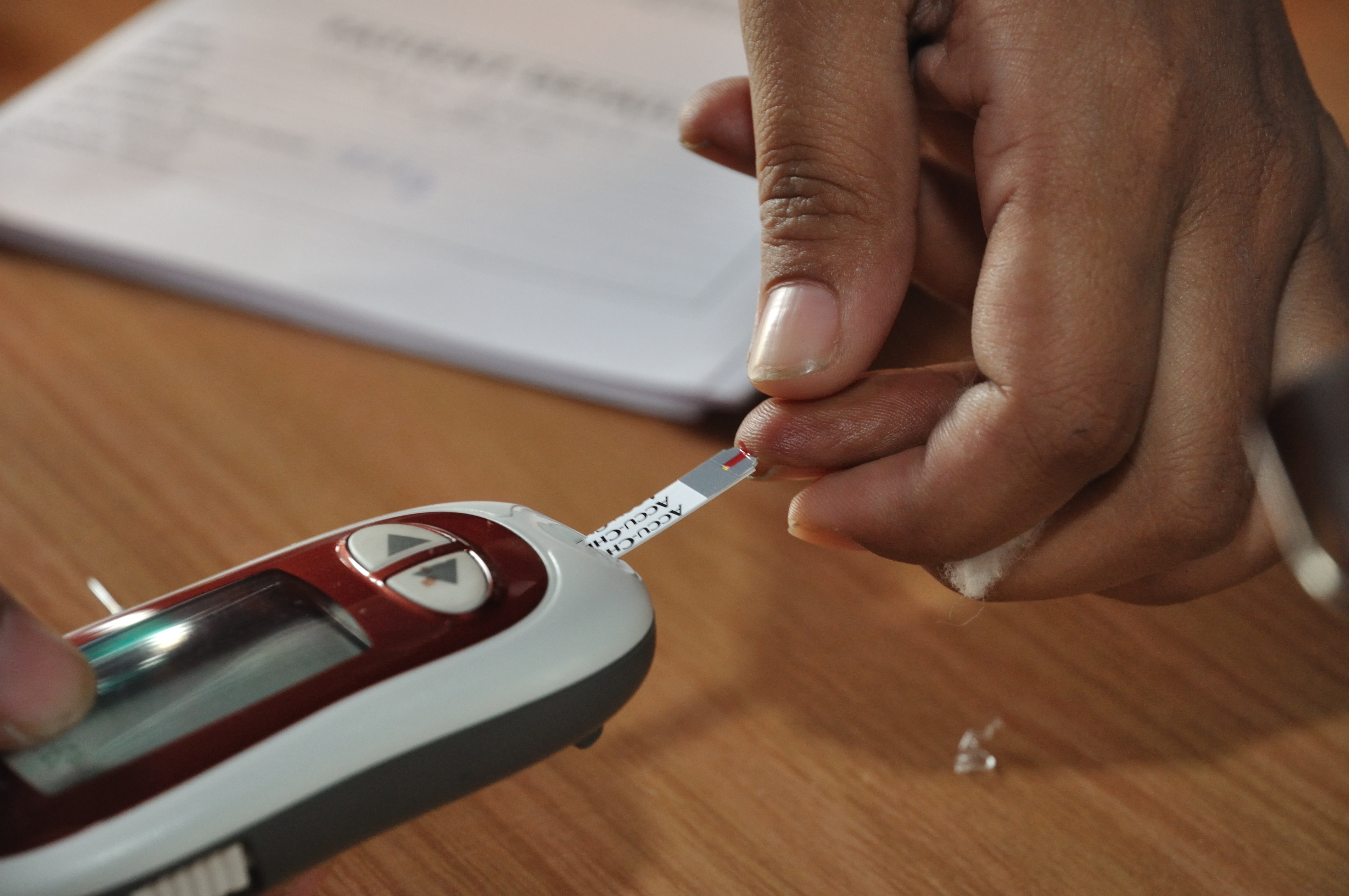News release
From:
Attachments
Note: Not all attachments are visible to the general public. Research URLs will go live after the embargo ends.

Journal/
conference: Diabetes Research and Clinical Practice
conference: Diabetes Research and Clinical Practice
Research:Paper
Organisation/s:
University of Auckland, Zhengzhou University (China), Keele University (UK), Western Sydney University (Australia), Diabetes Foundation Aotearoa, Counties Manukau Health, Waitemata District Health Board, National Hauora Coalition (New Zealand)
Funder:
The DCSS was funded by the New Zealand Ministry of Health through Counties Manukau District Health Board. The funders had no role in the study design, data collection, data analysis, data interpretation, or writing of the report.
Conflict of interest: All authors have no conflict of interests.



 New Zealand
New Zealand


